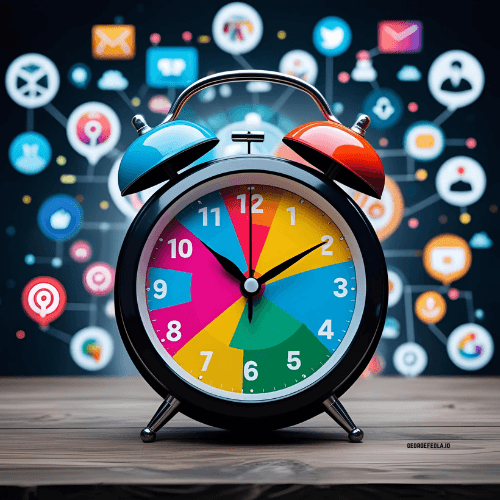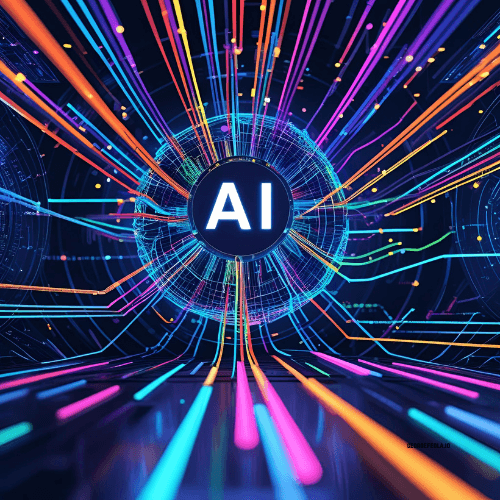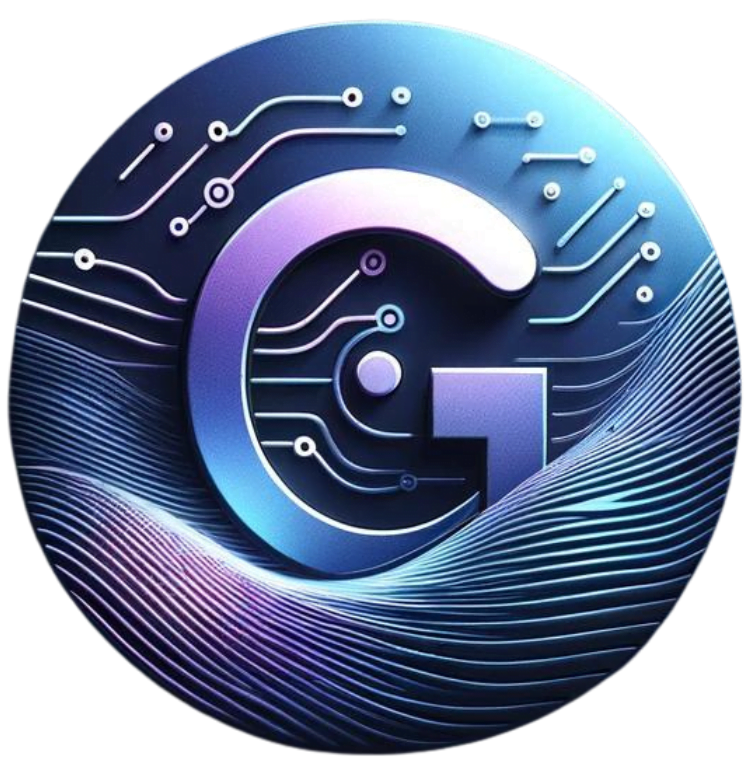The AI Wake-Up Call: What Marketers Must Know Now

The Clock Is Ticking for AI-Averse Marketers
For decades, marketers have adapted to every major technology wave: radio, television, the internet, mobile. But AI is not just another wave—it’s a tsunami, reshaping every corner of the marketing ecosystem. From content generation to predictive analytics, the adoption of artificial intelligence in marketing is no longer optional—it’s foundational.
Still, many brands and marketers hesitate. They cite fear of the unknown, the learning curve, or the perceived risk of replacing human intuition with machines. Some delay. However, their competitors are gaining speed, reach, and revenue. This leaves behind those still clinging to analog practices in a digital-first, data-driven world.

AI Is Already Replacing Guesswork With Precision
Forget gut instincts. AI thrives on data—and more importantly, it transforms that data into decisions. Platforms like ChatGPT, Jasper, and Writer.com are automating blog content, ad copy, and social media posts with astounding efficiency. AI tools like Midjourney and DALL·E generate custom visuals in seconds. Machine learning algorithms in Google Ads and Meta Advantage+ are already optimizing targeting and bidding better than most human hands.
We’re not heading into an AI future—we’re already there.
What Happens When You Ignore AI in Marketing
- Reduced Campaign Performance
AI-enhanced platforms analyze millions of data points in real time. If you’re still A/B testing manually, your ad dollars aren’t working as hard as they could. They are also not as effective if you are guessing at creative combinations. - Higher Operational Costs
AI can reduce time consumption. It can also lower expenses by automating email personalization, CRM workflows, SEO auditing, and even video scripts. Manual processes cost you time—and in business, time is money. - Diminished Customer Expectations
Customers now expect smart experiences. They want chatbots that respond instantly and emails personalized to their habits. They also desire product suggestions that “just get it.” Without AI, your marketing feels generic—and generic doesn’t convert.
AI-Powered Tools That Are Revolutionizing Marketing
1. Content Creation Tools
- Jasper AI: Long-form blogs, product descriptions, and marketing emails in minutes.
- ChatGPT: Highly versatile for brainstorming, outlining, and dialogue-based content.
- SurferSEO: Combines real-time SEO analysis with content suggestions.
- Copy.ai: Short-form content like headlines, Instagram captions, and PPC ad copy.
2. SEO and Keyword Tools
- Frase.io: Uses AI to analyze top-ranking articles and recommend what your content needs.
- Clearscope: Optimizes written content with keyword frequency and readability scores.
- MarketMuse: Provides full content briefs, keyword clustering, and content scoring.
3. Customer Behavior and Personalization Tools
- Dynamic Yield: Personalizes web experiences based on visitor behavior.
- Segment: Helps unify customer data across channels to build AI-driven funnels.
- Optimizely: Uses machine learning to test and adapt digital experiences at scale.
4. Email and Chat Automation
- Mailchimp: Smart platform optimizes send times, subject lines, and content blocks.
- Drift and Intercom: Chatbots that qualify leads and book meetings.
- HubSpot AI CRM: Suggests follow-ups, automates sequences, and analyzes pipelines.
Why Waiting Is a Strategic Mistake
Companies that delay AI adoption aren’t just slowing growth—they’re accepting decline. AI adoption isn’t about replacing your team—it’s about enhancing your capabilities, amplifying your brand voice, and targeting with near-surgical accuracy. Marketers who invest in AI now will reap compounding advantages that late adopters may never catch up to.
AI Doesn’t Kill Creativity—It Supercharges It
One of the most persistent myths is that AI stifles originality. In reality, it removes the grunt work so marketers can focus on ideation, innovation, and customer connection. Imagine a copywriter using ChatGPT to draft ten headlines and then selecting and refining the best one. AI is the new creative partner—not the enemy.
The Ethical and Brand-Safety Considerations
Sure, AI poses risks, especially when left unchecked. Deepfakes, bias in algorithms, and privacy issues are real. But that’s not a reason to avoid it—it’s a reason to learn it, monitor it, and set clear usage policies. With proper oversight, AI becomes a brand protector, not a liability.
AI in Action: Brands Already Doing It Right
- Coca-Cola: Used OpenAI tools to launch personalized video content and interactive campaigns.
- Netflix: Their AI-powered recommendation engine accounts for over 80% of user activity.
- Sephora: Uses AI chatbots for custom recommendations and appointment booking.
How to Start: A Simple AI Marketing Adoption Roadmap
Step 1: Audit Your Current Workflows
Where are the bottlenecks? What takes the most time? Look for repetitive tasks first—content briefs, social posts, email subject lines.
Step 2: Choose Your First AI Tool
Start with a low-risk tool like Grammarly, Jasper, or Frase.io. Test it. Measure results. Improve.
Step 3: Upskill Your Team
Encourage certification in AI for Marketing. Another option is certification in Prompt Engineering. You could also pursue Data Analytics through Coursera, HubSpot Academy, or Google Skillshop.
Step 4: Monitor Performance
Track KPIs—CTR, time-on-site, conversion rate—and compare against pre-AI benchmarks.
Step 5: Scale Responsibly
Integrate AI deeper: in CRM, PPC, design, and predictive analytics. Don’t automate for the sake of it—do it where it moves the needle.
AI Isn’t the Future—It’s the Now
Marketers don’t need to become data scientists. However, they do need to understand how AI works. They must also know where it provides ROI. Waiting another six months could be the difference between leading your category and chasing from behind.
AI doesn’t eliminate the marketer. It elevates the marketer. It enables us to be faster, more relevant, and infinitely more scalable. And most importantly, it frees us up to do what humans do best—create emotional connections, tell stories, and inspire action.
The only real question left isn’t if you’ll adopt AI—but when. And whether by then, it’s already too late.
Subscribe for Marketing and Tech Tips

